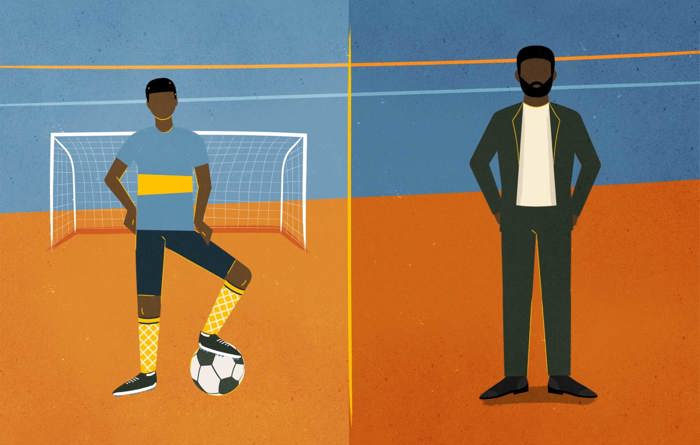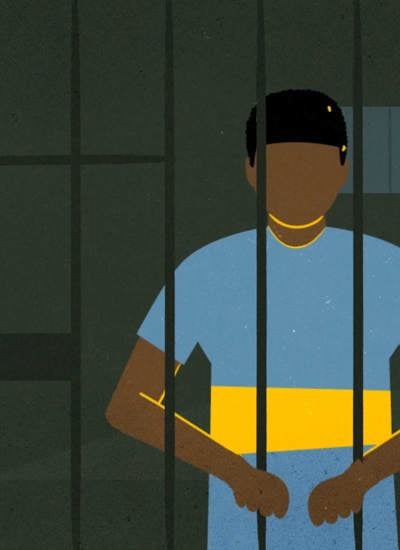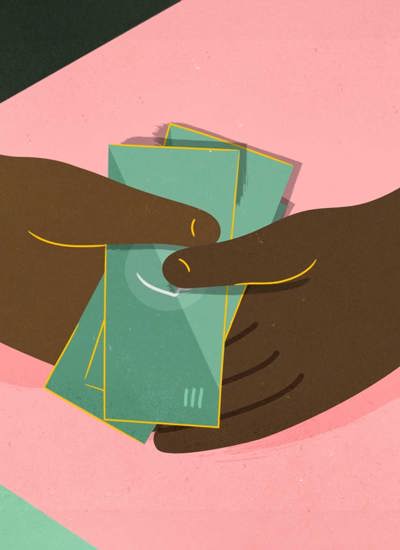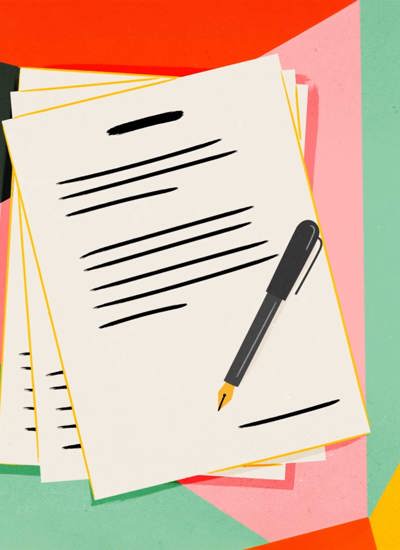
{0} min. reading time
Footballers are often approached with proposals for trials. Unfortunately, not all these trials are legitimate. Trials are bound to strict rules that FIFA, world football’s governing body, has included in its Regulations on the Status and Transfer of Players.
As FIFPRO regularly hears from players who are experiencing problems with trials, we deem it important to make players aware of the General Conditions for all Triallists that FIFA has defined, and share them with some clear additional advice.

Things you should know about trials
- Clubs are not allowed to ask you for money to attend a trial.
- No person is allowed to ask or receive money from you for arranging a trial.
- Before you go on a trial, the club must register the FIFA Trail Form in its digital system (FIFA TMS). The club must fill out this form together with you. In this form the club and you agree on the conditions of the trial, such as who pays for travel, accommodation, meals, and daily expenses.
- The club must cover the costs for your medical care in case you get injured during the trial.
- You can only participate in training sessions and friendly matches.
- The maximum duration of the trial is eight weeks for players aged 21 and younger, and three weeks for players above 21.
- A professional player under contract is only allowed to go on trial with another club if their current club provides a written permission.
Fake Agents: A Warning To Players

For minor players (below 18 years of age) FIFA has defined extra regulations, which among others state that:
- Players can only go on a trial during the season they have their 16th birthday.
- Players can only go on a trial during the season they have their 15th birthday, if the player and club are both based in Europe.
- The parents must have given written permission for the trial.
For more information, please check out the FIFA Regulations on the Status and Transfer of Players, Art 19ter on pages 38-44.


